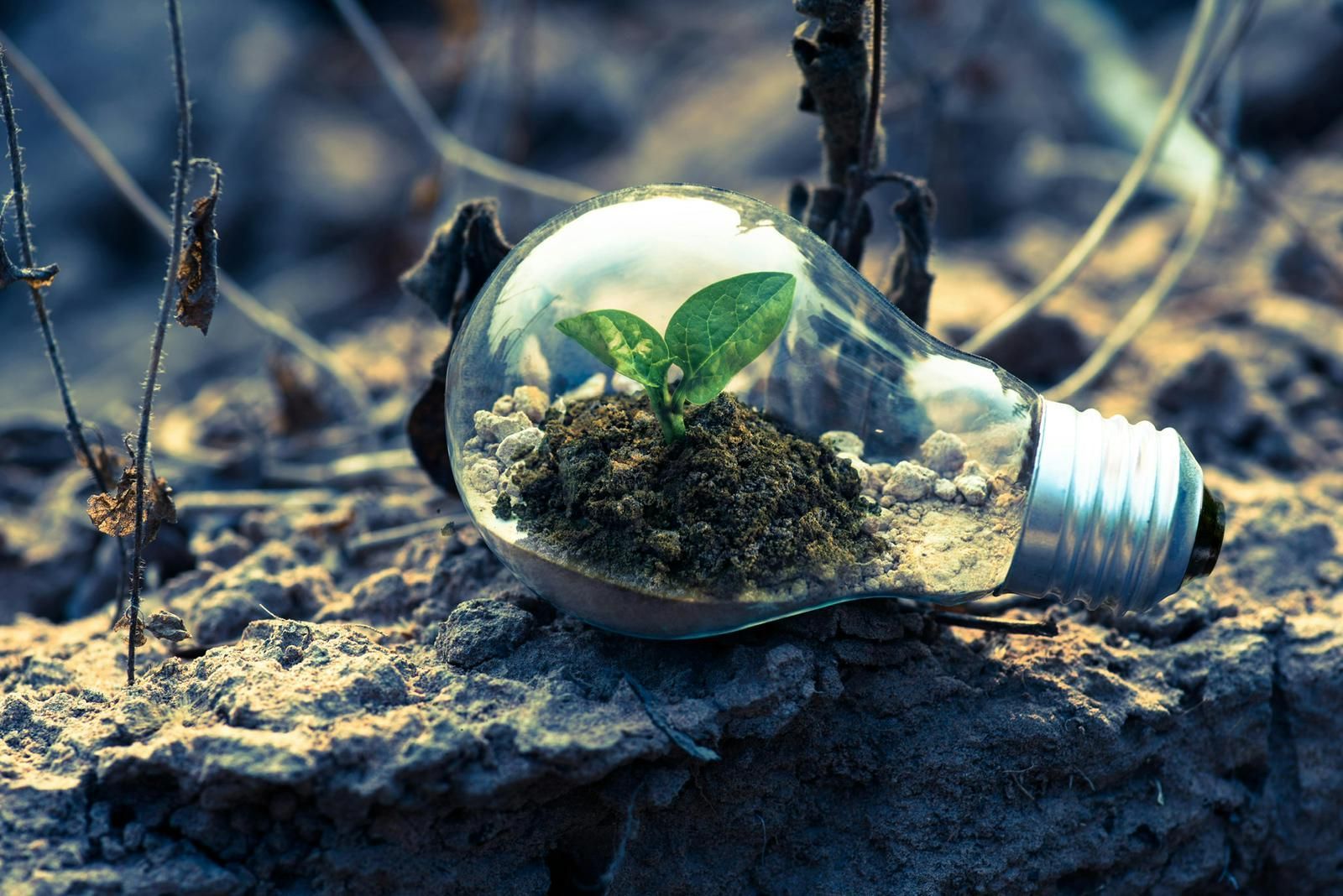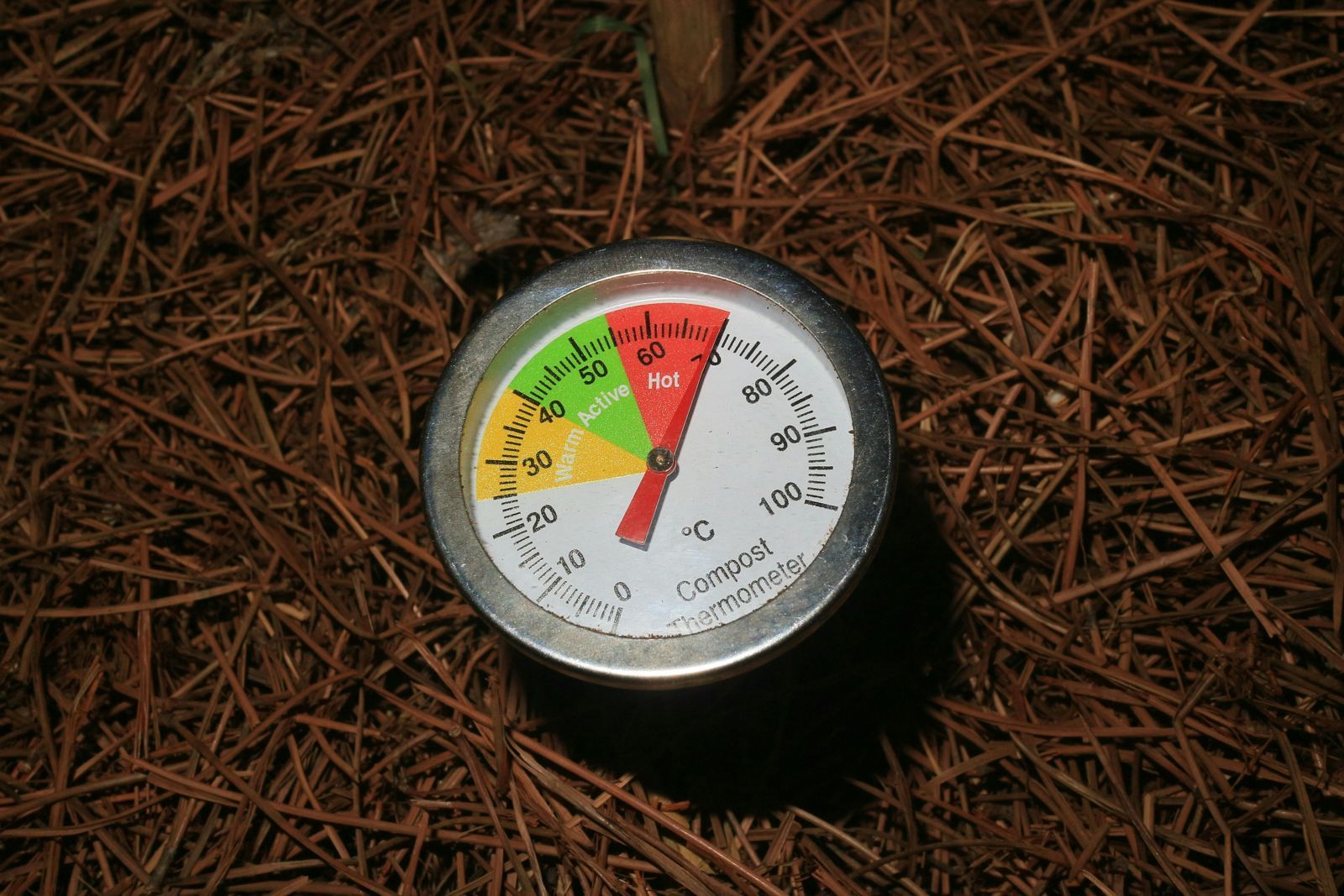Is Your Air Source Heat Pump Crying for Help? Key Service Indicators
Air source heat pumps are efficient and reliable heating systems, but like any mechanical device, they require proper care to function optimally. Regular maintenance is crucial for extending the lifespan of your heat pump. By implementing a consistent maintenance routine, you can ensure your system operates efficiently and avoid costly repairs.
Keep It Clean
One of the simplest yet most effective ways to maintain your
air source heat pump is to keep it clean. Regularly remove leaves, twigs, and dirt around the outdoor unit. This allows for proper airflow, essential for the heat pump's efficiency. Additionally,
clean or replace the air filters monthly to maintain indoor air quality and reduce strain on the system.
Professional Servicing
While there are many tasks you can do yourself,
annual professional servicing is vital.
A qualified technician can thoroughly inspect, identify, and address potential issues before they become significant problems. They can also clean components that are not easily accessible, such as the coils and fan blades, ensuring optimal performance.
Monitor Refrigerant Levels
Proper
refrigerant levels are crucial for your heat pump's efficiency and longevity. Low refrigerant can cause the system to work harder, increasing wear and tear. If you notice a decrease in heating or cooling efficiency, it might indicate a refrigerant issue. Always have a professional handle refrigerant-related tasks requiring specialised knowledge and equipment.
Protect the Outdoor Unit
The outdoor unit of your
air source heat pump is exposed to the elements year-round. Protect it from harsh weather conditions by installing an awning or shelter above it. This can shield the unit from direct sunlight, heavy rain, and snow, extending its lifespan. However, ensure that the shelter doesn't obstruct airflow around the unit.
Optimise Your Home's Insulation
While not directly related to the heat pump,
proper home insulation can significantly impact your system's lifespan. Good insulation reduces the workload on your heat pump, preventing unnecessary wear and tear. Consider
upgrading your home's insulation and sealing air leaks
to create a more efficient heating and cooling environment.
Use It Wisely
Avoid frequent on-off cycling of your heat pump, which can strain the system. Instead, maintain a consistent temperature setting. During extreme weather, avoid setting the temperature too high or too low, as this forces the system to work harder than necessary.
By following these guidelines, you can significantly extend the lifespan of your
air source heat pump, ensuring it provides efficient heating and cooling for years to come. Regular attention and care will save you money on energy bills and prevent costly replacements and repairs.
You might also like












